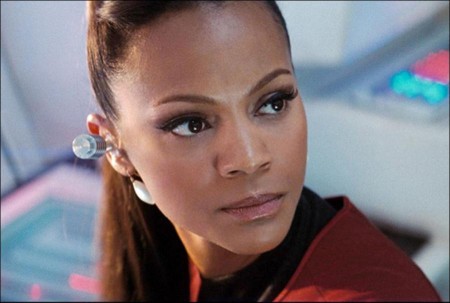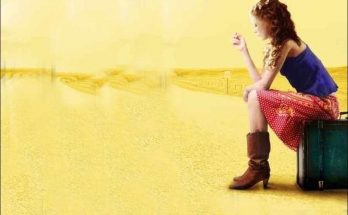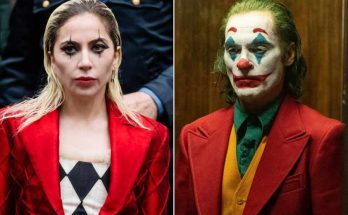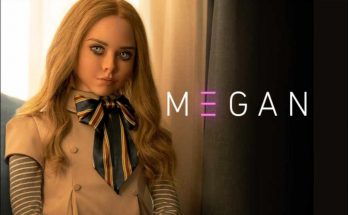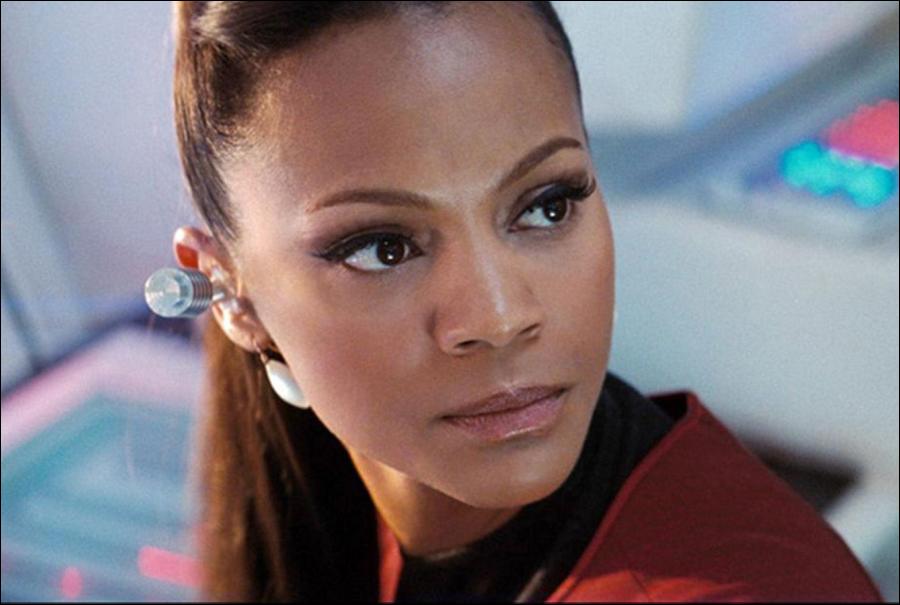For those people who’ve never seen “Star Trek”, introduce your character Uhura, who is she and why is she on this ship?
Zoe Saldana: Well, she’s a very important tool on the ship. She’s a translator. They’re traveling to all different kinds of galaxies and planets. So she’s an expert in linguistics. She’s able to translate and be sort of like the operator or the mediator between two commanders of two different ships from two different planets trying to meet in common so they can have safe passages. That’s a very important thing. If she gets it wrong, she can actually start a war between two nations or something. And she’s very stoic. She’s very strong. And loves what she does. And sort of takes herself a little too seriously sometimes.
You think in the future that society would be a little more progressive and that there would be a lot more women on board or in positions of power. Was that something interesting to you or questioning? How far have we progressed in how many hundreds of years?
No, there were many women. I didn’t look at that issue though because for some reason I automatically assumed that in the future these things would not be an issue. Maybe there were just more men per capita then women, and that’s why they were there in the flight school. I don’t know.
What about the mythology of “Star Trek?
In a lot of instances it really was pertaining to social and political themes of its time without coming out and saying we’re talking about this or that. They could use outer space metaphors, to make it easier for people to transition into it.
I think it was sort of like a poetic justice at that time. For these dreamers, which is what I believe that Gene Roddenberry was, he had this vision of what he wanted to see, as an artist, as an audience member. And he never backed down. I guess when he kept getting turned down and they said, “The only way we would do this is if it was many years into the future and in space,” he was like, OK, fine. So if that’s what I have to do in order for me to show the kind of world that I would like us to be in, then I’ll do that. And I thought it was so compassionate and so beautiful and so ahead of its time.
Were you happy to immerse yourself in the culture of “Star Trek” after you got this part? What was that process like? Was there a Star Trek Bible?
No. It was extensive conversations with JJ. And he had some advisors on the set that were `Star Trek’ advisors. I wanted to see as little as possible of the series. I was afraid of entering into a crack of mimicking the actors that were portraying these characters as opposed to just studying the characters. And as actors we’re mimics by nature. So I definitely took my time with that.
After speaking to JJ and speaking to Nichelle Nichols and how they just basically said, these are the elements that we would like her to have. Under these guidelines, you can take and make Uhura however way, shape or form you want her. So I was able to kind of recreate her and picture her in school and picture her as a young person. I was always following the guidelines of the fact that she was very elegant and very sexy at times. But also it was because she was very strong and she was able to command herself in that presence and still hold court. With those guidelines, I was able to have that as a base and then just make her this and make her that. And it was a lot of fun.
Were you a Trekie?
My mom is. My great-grandmother was a diehard Trekie. But I guess I knew more about it in Spanish. When I was living in the Caribbean, it was called differently; it was like, Vijae a las Estrellas'. And sometimes when they do the subtitling it's so much more dramatic. But my mom was a huge Trekie and she was very happy when I did it. And then when I didThe Terminal’, Mr. Spielberg sort of gave me the Trekie documentaries for me to watch and told me what episodes to see, so that I could just have a taste of what it’s like to be a Trekie. That was my introduction into `Star Trek’. But I became a fan of the fans.
Views: 398
